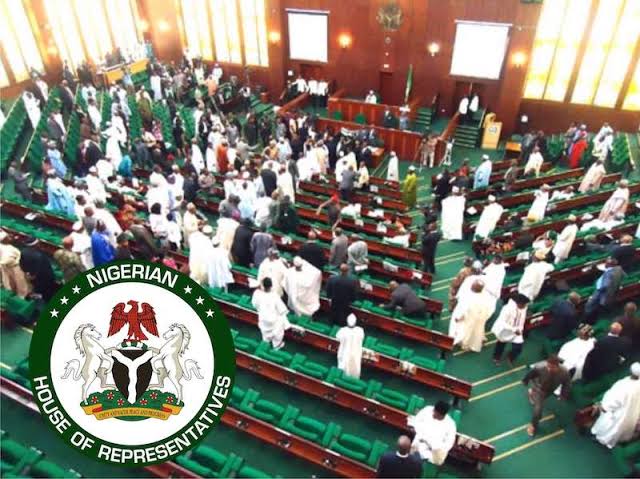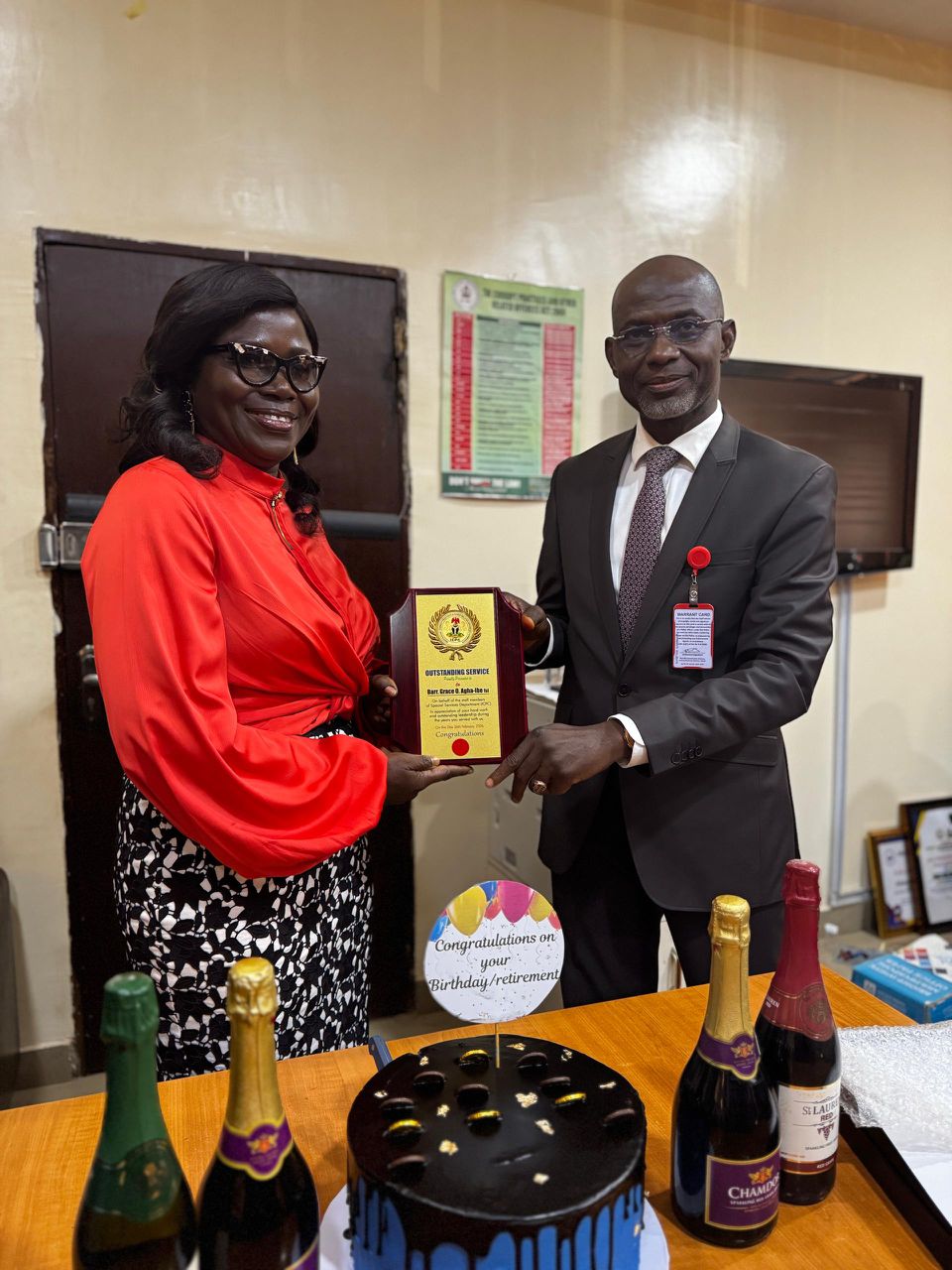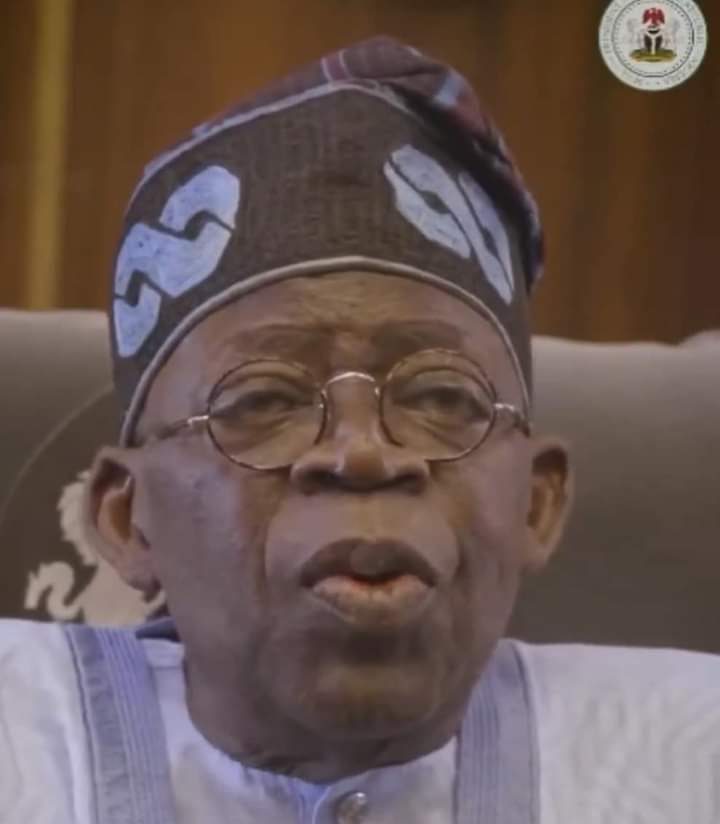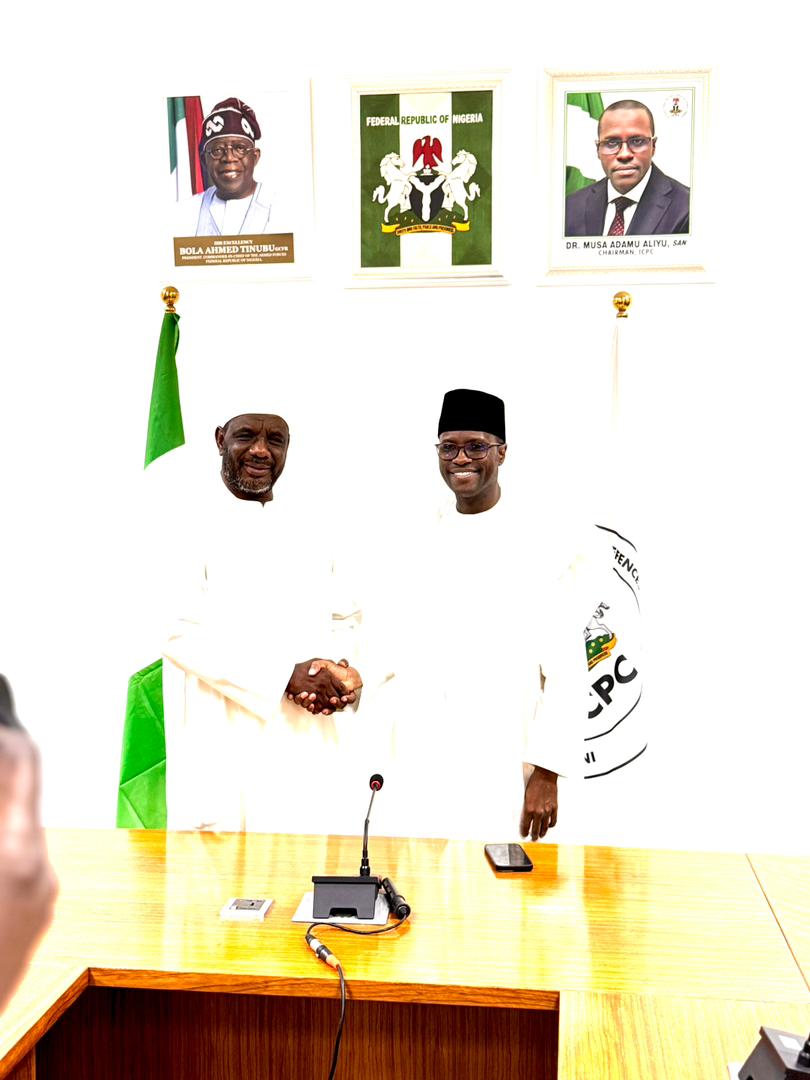
PAN Rejects Reps’ Parliamentary System Proposal
The Parliamentary Advocacy Network (PAN), has rejected the recent proposal by 60 federal lawmakers in Nigeria’s House of Representatives seeking a return to the parliamentary system of government that the country practiced at independence.
The lawmakers, who belong to a House of Representatives pressure group known as the Parliamentary Group, introduced a Constitution Alteration Bill on the floor of the House of Representatives proposing the abolishment of the Presidential system in Nigeria.
In a statement signed by the National Coordinator of PAN, Sunny Anderson Osiebe and the General- Secretary, Fred Itua, the duo noted that the proposed system will not solve the nation’s woes.
Speaking later at a press conference, the spokesperson of the group, Hon. Abdulsamad Dasuki, revealed that the primary reasons for the proposal is because of the expensive presidential system and what they described as the “overbearing powers” of the President. They described Nigeria’s President as one of the most powerful Presidents in the world.
The group listed imperfections in the presidential system being practiced by Nigeria to include a high cost of governance, which it says leaves fewer resources for crucial areas like infrastructure, education, and healthcare, and consequently hindering the nation’s development progress. The lawmakers are also against the “excessive powers” vested in the members of the executive, who are appointees and according to them, not directly accountable to the people.
The 60 lawmakers believe that a return to the parliamentary system of government will make governance “accountable, responsible, responsive, and ultimately less expensive.”
PAN in the statement, noted: “After a careful review of these positions by this Parliamentary Group of 60 House of Representatives members, the Parliamentary Advocacy Network has decided to make its position known on the subject matter to both the public and to the National Assembly.
“The Parliamentary Advocacy Network strongly believes that a return to the parliamentary system of government is not ideal and certainly not the best option for Nigeria. We have practiced that system of government before now, at pre-independence and in the First Republic, and with the benefit of hindsight there were many flaws inherent in the parliamentary system as affects Nigeria, which one can argue actually led to the fall of the First Republic.
“In the parliamentary system of government practiced by Nigeria in the First Republic, the government is headed by the Prime Minister, who is a member of Parliament and the executive branch derives its legitimacy and authority from the legislative branch. In fact, the various cabinet ministers of the executive are members of the Parliament.
“The parliamentary system of government is not without its merits especially when it comes to cost of running the democracy. In this system, presidential/governorship elections/election campaigns are not required, only parliamentary elections. The leader of the party with the required majority of seats in Parliament forms government. They nominate lawmakers from their party as Ministers.
“However in a country like Nigeria where tribal/ethnic affiliation is stronger than political ties, re-introducing the parliamentary system of government would further polarise the country along ethnic lines as seen in the First Republic especially as the Prime Minister needs not to be acceptable to the majority of citizens who do not get to choose the Prime Minister directly at the polls. In fact, there is a possibility that even within the party with majority, power plays would be the order of the day with the possibility of leadership contests every few months.
“Beyond the political headache that comes with the parliamentary system of government and the toll it may exert on the continued existence of a one Nigeria, the Parliamentary Advocacy Network believes it is not going to bring about any significant change in good governance in Nigeria. That is, merely switching from the presidential system of government to the parliamentary system does not guarantee a more efficient governance or tangible development across the country. It is the operators of the system that can guarantee such.”
“For a diverse and complex country like Nigeria, the best system of government is the presidential system anchored on a structure of federalism. Instead of switching from the presidential system to the parliamentary system of government, we at the Parliamentary Advocacy Network would rather call for a restructuring of our present federal structure to become more accountable to the people.
“The cost of running our democracy can equally be drastically reduced even while running the presidential system if only elected and appointed officials see public office as a call to service. We advise that the lawmakers in the Parliamentary Group, instead of lamenting about the cost of governance in a presidential system (part of which includþe the ever increasing budget of the national assembly), they should rather push for drastic reduction in the running cost of the federal legislature as a starting point while also helping to prevent wasteful spending of the executive branch since they legislate over the spending of the executive.
“A situation where the annual expenditure of the national assembly is N344 billion with no known line items, sends a wrong signal to the public on the seriousness of the legislature to reduce cost of governance. Apart from that, if the members of the legislature get more invested in their oversight functions over the executive branch and diligently scrutinise every action of MDAs, then we will surely make the most out of our presidential system. If the legislature take their auditing duties seriously and efficiently, then we would not require too many anti-corruption agencies.
“The lawmakers of the Parliamentary Group, instead of pushing for a parliamentary system of government, can focus on strengthening our current federalism by deploying legislative tools to remove certain current impediments to our national growth and also give the federating units of states and local government areas more responsibilities and resources.
“This basically means devolution of power away from the federal government as well as resource control in favour of the subnational units. This is how to decentralise the presidential system and whittle down both the powers of the President and that of the federal legislature, since a lot of things will move away from the exclusive list.
Nigeria, today needs real development to flow from the grassroot upwards. With the local government largely in comatose in most parts of the country, there would always be a dysfunctional governance. These are the areas we expect the federal lawmakers to direct their gaze on.
“We therefore call on the Parliamentary Group comprising 60 lawmakers of the House of Representatives to withdraw the Bill they laid before the green chamber and re-present another set of Constitution Alteration Bills that would address the contentious issue of resource control and devolution of power, Osiebe and Itua added.





